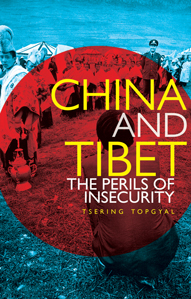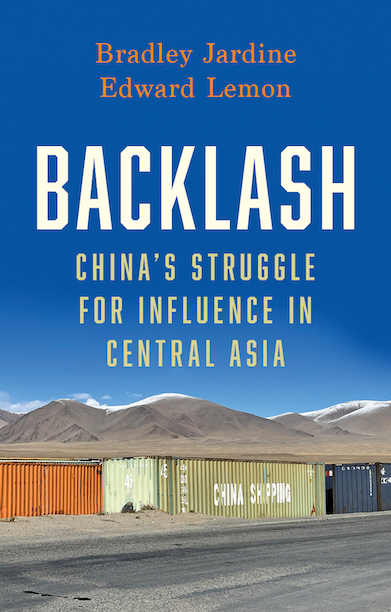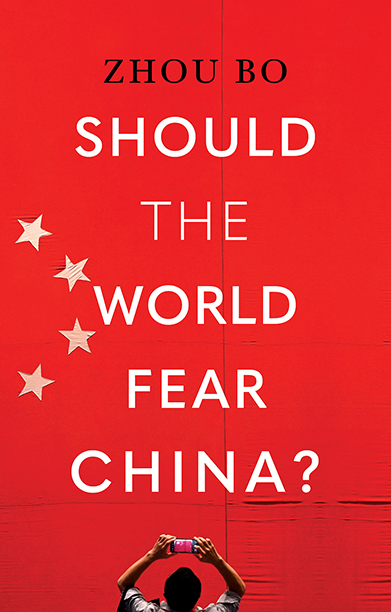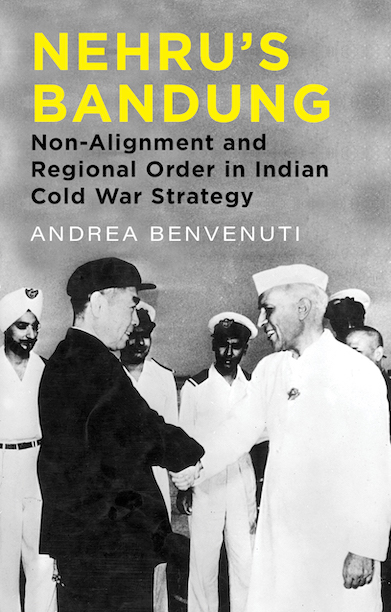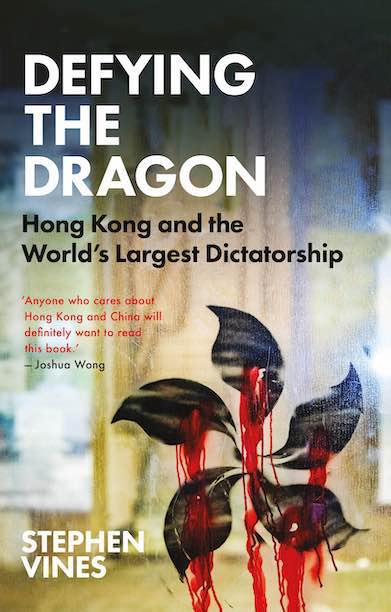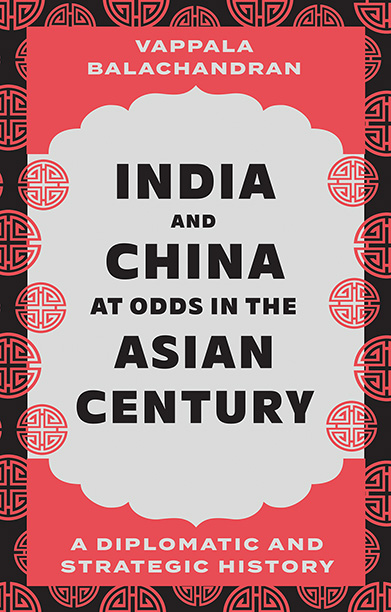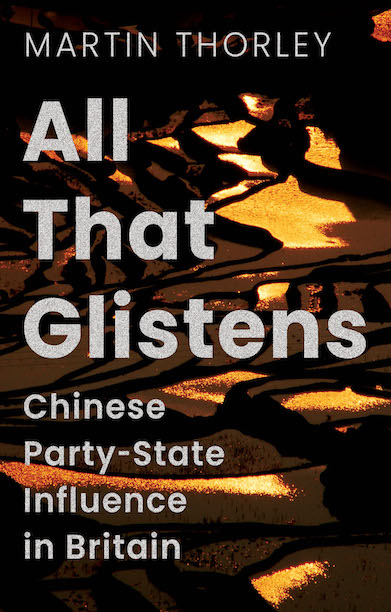China and Tibet
The Perils of Insecurity
Shortlisted for the Edward Stanford Travel Writing Award (Wanderlust Adventure Travel Book of the Year)
Description
Over sixty years of violence and dialogue have brought China and the Tibetans no closer to a resolution of their conflict. Tsering Topgyal argues that it is China’s sense of insecurity, its perception of itself as a socio-politically weak state, which has disproportionately influenced its policies towards the religion, language, education and economy of Tibet. Beijing has also denied the existence of a ‘Tibet Issue’ and rejected several Tibetan proposals for autonomy, fearful that they might undermine its state-building project.
Conversely, Tibetan insecurity about threats to their identity, generated by Chinese policies, Han migration and cultural influences in Tibet, explains both the Dalai Lama’s unpopular decision to abandon his aspiration for Tibetan independence and his demands for autonomy and unification of all Tibetans under one administration. Identity insecurity also drives the multi-faceted Tibetan resistance both inside Tibet and in the diaspora. Thus, while Beijing and the Tibetans seek to harden their positions in order to counter their respective insecurities, real or imagined, the outcome is, paradoxically, greater insecurity on both sides, plunging them into unremitting cycles of state-hardening on the part of China and fortifying resistance on the Tibetan side
Reviews
‘Topgyal’s account of what actually has happened in Tibet since 1950 describes a horrific tragedy in which the oppressor’s and the victim’s interests cannot be reconciled. [It] shows where Tsering Topgyal’s heart unmistakably lies.’ — New York Review of Books
‘Tsering Topgyal captures the complexity of Sino–Tibet relations in this well-argued book. Not many academic works on Tibet are grounded in theory but Topgyal succeeds in linking theory and history. By so doing, he not only gives us a new lens to look at an old conflict but also advances the academic debate on the causes and consequences of intra-state conflicts with ethnic dimensions.’ — Harsh V. Pant, Professor of International Relations, King’s College London
‘Tsering Topgyal has delivered a groundbreaking work. Developing an innovative theoretical approach drawing on major strands of international relations and security studies, he persuasively argues that the “Tibet Issue” is defined by a socially constituted insecurity dilemma between an increasingly powerful yet anxious party-state and an alienated Tibetan nation. Topgyal’s analysis is thoughtful and rigorous and reveals the full potential for ongoing Sino-Tibetan conflict to rent China’s rise asunder.’ — Michael Clarke, Associate Professor, National Security College, Australian National University, and author of Xinjiang and China’s Rise in Central Asia: A History
‘At long last, a major international relations analysis of the China–Tibet conflict that illuminates why it is so painfully intractable. Tsering Topgyal writes with impressive objectivity and acuity about how the insecurities of the two sides interact destructively and impede reconciliation. A valuable contribution to international relations theory as well as a vivid, well-written account of the history of the conflict.’ — Susan L. Shirk, Chair, 21st Century China Program, School of Global Policy and Strategy, University of California, San Diego
‘By critically investigating the security discourses that shape relations between Tibet and China, Topgyal provides a pathbreaking analysis. This book is a rare one in the field of international relations, in that it contributes to the debate over the contested politics of identity and insecurity that marks Sino-Tibetan interactions.’ — Dr Dibyesh Anand, Reader (Associate Professor) in International Relations, University of Westminster
‘China and Tibet is a detailed study of the Tibet dilemma. The issue is often seen in terms of Chinese nationalism, state building and state security. Topgyal goes beyond these rubrics of analysis and situates Tibet within larger human “security” concerns, where the state is confronted with non-state actors who perceive their way of life and identity to be threatened. The book will be of value to anyone interested in the rise of China and its relations with its periphery.’ — Tsering Shakya, Canadian Research Chair in Religion and Contemporary Society, University of British Columbia, and author of The Dragon in the Land of Snows: A History of Modern Tibet Since 1947
Author(s)
Tsering Topgyal is Lecturer in International Relations at the University of Birmingham
